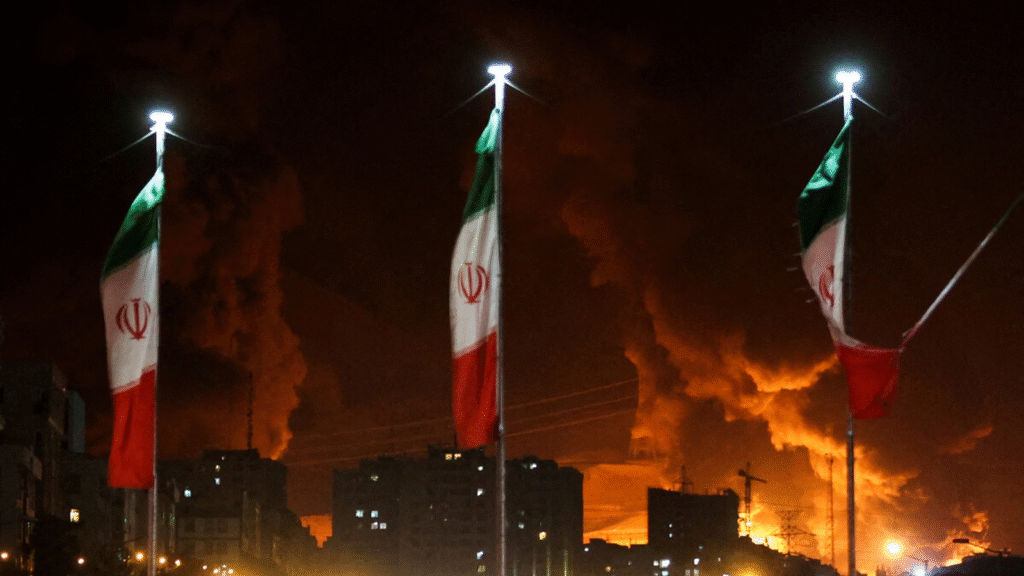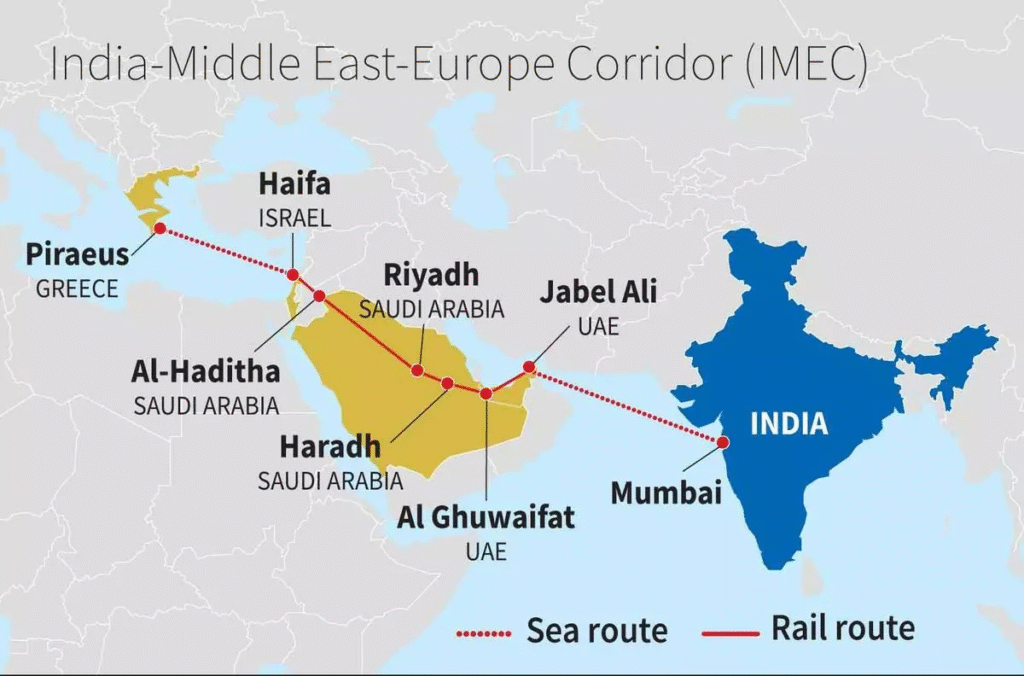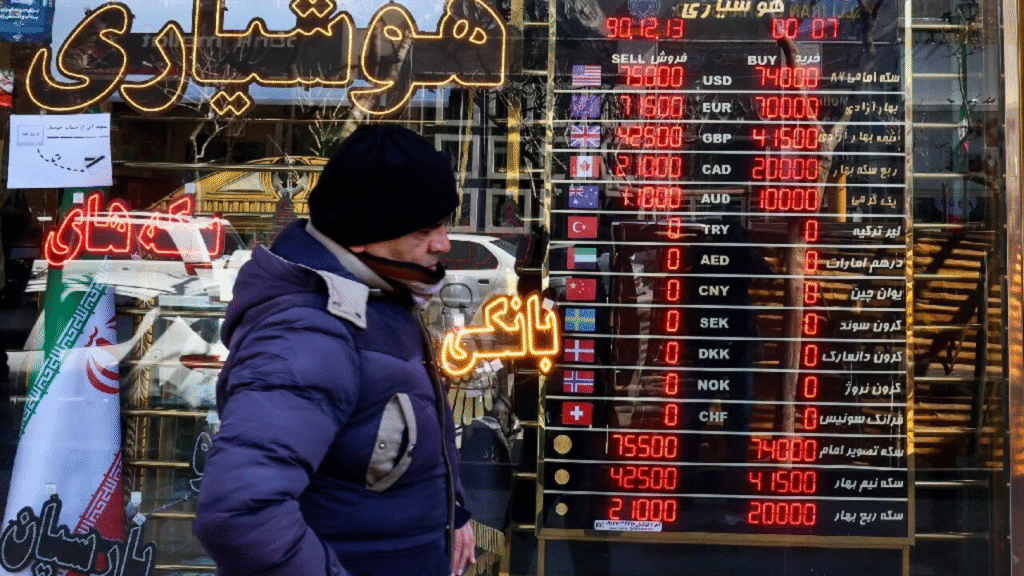
Iran’s recent parliamentary runoff elections have delivered a surprise boost to reformist and moderate candidates, marking a significant shift in the political landscape. Despite historically low voter turnout reflecting widespread public disillusionment, the results signal potential domestic recalibration and hold crucial implications for regional stability, India’s energy security, and key projects like the Chabahar port. This outcome demands close attention from New Delhi.
Runoff Results Reshape Parliament
Final results confirmed on May 10th (source: Iran’s Interior Ministry) showed reformist and moderate candidates securing a substantial number of seats in the second round, particularly in Tehran. While conservatives and hardliners retain overall control of the 290-seat assembly, the gains by their rivals introduce a more diverse and potentially less hardline legislative body. This shift could influence domestic policy debates.
Record Low Voter Participation Raises Questions
Official figures placed final nationwide turnout near 41% in the initial February vote, plummeting to around 8% in Tehran for the runoffs – widely seen as a protest against the establishment. Analysts (cited by Reuters) interpret this as deep-seated frustration over economic hardship, political repression, and international isolation. The legitimacy of the process remains contested by many Iranians.
Geopolitical Implications for India

The election outcome occurs against a volatile backdrop:
- Regional Tensions: Ongoing shadow war with Israel, continued support for groups like Hezbollah and Hamas, and Houthi attacks in the Red Sea threaten wider conflict, impacting Indian trade routes and diaspora safety.
- Nuclear Deal Stalemate: The JCPOA remains in limbo, hindering Iran’s oil exports and contributing to global market uncertainty affecting Indian imports.
- Chabahar Port Crucial: Stability in Iran is vital for India’s strategic investment in Chabahar, a gateway to Afghanistan and Central Asia bypassing Pakistan. Political shifts could influence cooperation.
Economic Woes Drive Discontent

Iran’s economy remains crippled by US sanctions, mismanagement, and corruption. Hyperinflation (officially over 40%, likely higher per IMF estimates) and unemployment plague citizens. The election results, even with reformist gains, offer no quick fix. International engagement, crucial for economic relief, remains hampered by geopolitical tensions and nuclear issues.
Path Forward: Uncertainty Prevails
While the reformist/moderate gains introduce new dynamics, ultimate power rests with Supreme Leader Ayatollah Ali Khamenei and hardline institutions like the IRGC. Expectations of rapid policy change, especially on foreign policy or social freedoms, are low. The key questions are whether the new parliament can marginally soften domestic approaches and if low turnout forces any introspection within the ruling elite.
Summary: Iran’s elections delivered unexpected gains to reformists amid record-low voter turnout, highlighting public discontent but also hinting at potential internal shifts. While hardliners retain control, the new parliament’s composition could subtly influence domestic affairs. For India, Iran’s stability remains critical for energy security, the vital Chabahar port project, and navigating volatile regional tensions. The path ahead remains fraught with economic hardship and geopolitical uncertainty.
Iran runoff elections see reformist gains despite low turnout. What it means for India’s Chabahar port, regional tensions & global oil markets. Analysis inside. #Iran #MiddleEast #IndiaForeignPolicy
No responses yet